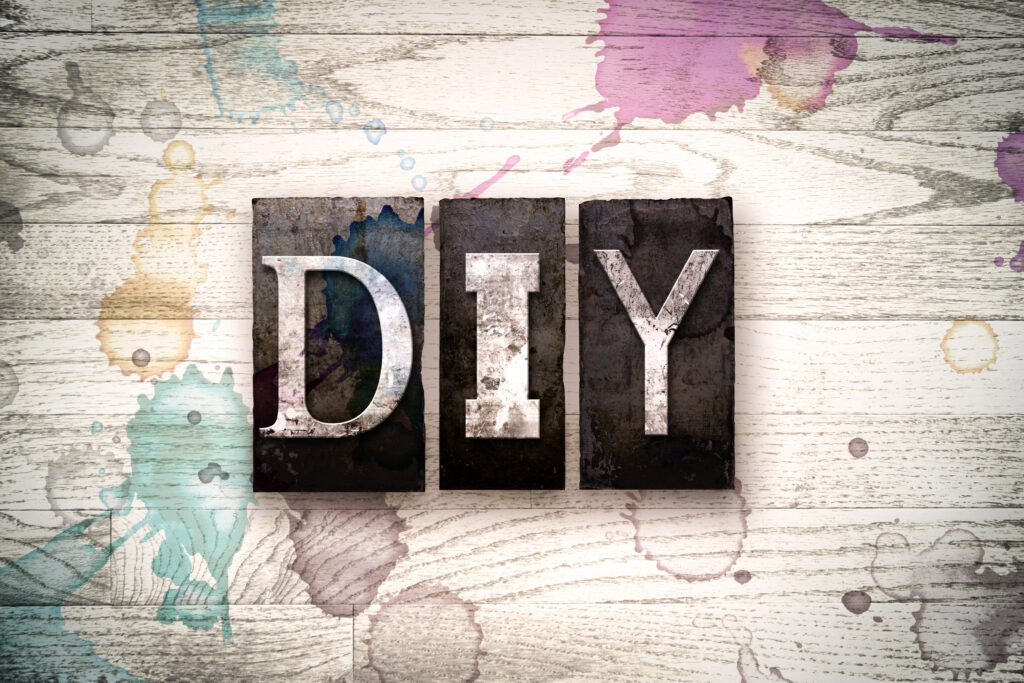Milwaukee summers are no joke. One moment, it’s a breezy 65 degrees. The next? You’re in the middle of a heatwave, wondering if your AC is working overtime. The good news is you don’t need to wait for an emergency or spend a fortune to stay comfortable. There are plenty of simple, do-it-yourself HVAC checks that can keep your system humming through summer while saving you money, time, and stress.
At Capital Heating, Cooling, Electric & Plumbing, we believe in empowering homeowners to take small steps that make a big difference. So, if you want summer comfort without the big utility bill, start with these must-do DIY checks.
1. Clean or Replace Your Air Filter
Think of your heating and cooling filter like your home’s lungs. When it’s clogged with dust, dirt, and pet hair, your system must work harder to breathe. That means more energy use and higher bills.
Why it matters: A dirty filter can reduce airflow, forcing your system to overwork itself. Over time, that can lead to premature wear and even breakdowns.
DIY Tip: Check your filter every month. If it looks gray or furry (like a dust bunny), it’s time to swap it out. Most filters cost less than $20 and can be changed in under 5 minutes. If you have pets or allergies, consider replacing it more often.
Bonus: A clean filter improves indoor air quality, which is especially important during allergy season.
2. Clear Debris from Your Outdoor Unit
Your outdoor AC condenser unit is built to withstand the elements, but it still needs a little help.
Why it matters: Grass clippings, leaves, and weeds can restrict airflow. That causes your unit to work inefficiently and can lead to overheating or compressor damage.
DIY Tip: Use a broom or gloved hands to clear a 2-foot radius around the unit. Then gently hose it down to remove dirt from the coils (just don’t use high pressure).
Pro Tip: Never stack anything (like gardening tools or outdoor furniture) on or against the unit.
3. Inspect and Flush the Condensate Drain Line
Air conditioners do more than cool air—they also pull humidity from your home. That moisture exits through the condensate drain line.
Why it matters: If the line clogs, it can back up into your system, leading to water damage, mold, or system shutdowns.
DIY Tip: Locate the drain line (usually a PVC pipe near the indoor unit) and pour a cup of white vinegar through it. This helps clear minor clogs and prevent algae buildup.
Signs of trouble: If you notice water pooling near the unit or a musty smell indoors, the line might be blocked, and you should call a pro.
4. Seal Air Leaks and Check Insulation
Ever feel like your cool air is escaping before it reaches the rooms that need it? Your ductwork or insulation might be to blame.
Why it matters: Leaky ducts can waste up to 30% of your cooled air. That’s money disappearing into your attic or crawlspace.
DIY Tip: Inspect exposed ducts in your basement or attic for visible gaps or disconnected joints. Use foil tape (not duct tape!) to seal minor gaps.
Also, check doors and windows for drafts. Adding weather stripping or insulation can make a surprising difference.
Long-Term Fix: For major leaks or insulation issues, Capital offers professional duct sealing and energy audits.
5. Optimize Your Thermostat Settings
Your thermostat is your system’s brain. If it’s not programmed correctly, your system might be running harder than needed.
Why it matters: A smart or programmable thermostat can reduce energy waste and give you more control over your comfort.
DIY Tip: Set your thermostat to 78°F when you’re home and raise it by a few degrees when you’re out. Avoid setting it too low – your AC won’t cool faster, but it will run longer.
Upgrade Opportunity: If your thermostat is outdated, consider a zone control system. Capital can help with expert installation right here.
6. Keep an Eye on Your Energy Bills
Sometimes, the best indicator that something’s wrong is your utility bill.
Why it matters: Sudden spikes in energy use might mean your heating and cooling system is straining or inefficient.
DIY Tip: Track your bills month to month and compare them to the same time last year. If you notice a big jump without a clear reason, schedule a professional tune-up to catch issues early.
When to Call the Pros
DIY is a great way to stay on top of your system, but some issues need expert attention. If your system is making odd noises, not cooling evenly, or breaking down frequently, it’s time to call in reinforcements.
Capital offers our signature Beyondification Tune-Up that goes beyond the basics. We don’t just clean; we optimize, inspect, and fine-tune every component of your system to ensure long-term performance and comfort.
Final Thoughts
Being a homeowner doesn’t mean you have to be a heating and cooling expert. But with a little effort and the right tips, you can boost your system’s efficiency, avoid mid-summer breakdowns, and stay cool all July long.
Remember: a little prevention goes a long way. And when you need backup, the Capital family is always here—day or night—because we go beyond for you.
Ready to go beyond? Schedule your summer HVAC tune-up today!


 What’s Lurking in Your Air Ducts? The Hidden Truth Every Milwaukee Homeowner Should Know
What’s Lurking in Your Air Ducts? The Hidden Truth Every Milwaukee Homeowner Should Know